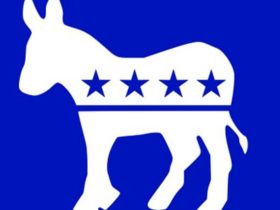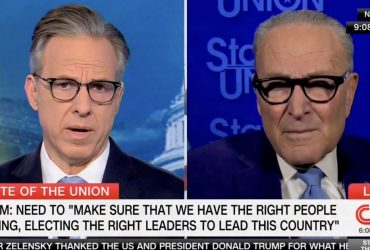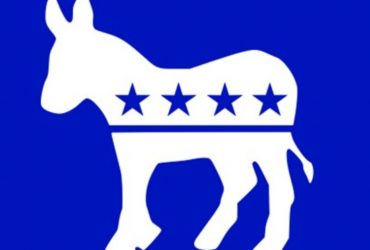Germany’s bid to marginalize its largest opposition party, the Alternative für Deutschland (AfD), through intelligence agency tactics has been derailed, thanks to intense pressure from U.S. political figures.
As German establishment parties and authorities orchestrated a campaign to discredit the AfD, Republican leaders in the U.S. intervened, condemning the move as a threat to democracy.
On May 2, Germany’s Federal Office for the Protection of the Constitution (BfV) labeled the AfD a “proven right-wing extremist” group, triggering a media onslaught aimed at delegitimizing the party and potentially laying the groundwork for a ban. This aggressive move against parliamentary democracy quickly drew international backlash.
«Disguised Tyranny«.
U.S. Secretary of State Marco Rubio was among the first to respond, posting on X: “Germany has empowered its intelligence service to surveil the opposition. That’s not democracy—it’s disguised tyranny.”
Vice President J.D. Vance, serving under President Donald Trump, amplified the criticism, stating, “The West dismantled the Berlin Wall together. Now, the German establishment is rebuilding it—not with Soviet or Russian hands, but their own.”
The message from the Trump administration was unmistakable: the U.S. would not tolerate efforts to criminalize Germany’s opposition.
Cotton’s Ultimatum and Germany’s Retreat.
The turning point came on May 7 at 6:51 PM German time, when Republican Senator Tom Cotton publicly urged U.S. intelligence chief Tulsi Gabbard to halt cooperation with Germany’s Federal Intelligence Service (BND).
“These police-state tactics are unworthy of a Western democracy,” Cotton declared. “Such methods belong in places like China or Russia, not Germany.”
Within 20 hours, on May 8, the BfV quietly removed the “right-wing extremist” designation from its website, marking a swift retreat.
This intervention, supported by prominent Republicans like Rubio and Vance, signals a historic shift in U.S.-Germany relations. For the first time, the U.S. government, a long-standing ally, has openly challenged German authorities for targeting a democratically elected opposition party.
The AfD, a significant force in the Bundestag and European Parliament, had been subjected to surveillance by the BfV, which operates under the Interior Ministry. Many in Germany and abroad view this as a deliberate attempt to suppress a legitimate political movement.
This episode has drawn comparisons to authoritarian regimes, where governments weaponize security agencies to silence political rivals.
Media and Experts Dismantle the Report.
In the aftermath, German mainstream media turned on the BfV’s report. The Berliner Zeitung enlisted plagiarism expert Stefan Weber, who exposed the document as largely “copy-pasted” from unrelated court rulings, undermining its legitimacy.
Legal scholar Dietrich Murswiek, writing in Focus, argued that the report provided no evidence of the AfD’s hostility toward the constitution, noting that its ethnic-cultural concept of identity is not unconstitutional. Constitutional law expert Volker Boehme-Neßler went further, branding the intelligence agency’s tactics “democratically unacceptable.”
The U.S. intervention has not only spared the AfD but also exposed cracks in Germany’s democratic framework. As tensions simmer, the world watches to see whether Germany’s establishment will recalibrate or persist in its efforts to curb dissent.
The post U.S. Intervention Halts Germany’s Attempt to Suppress AfD Opposition Party appeared first on The Gateway Pundit.











